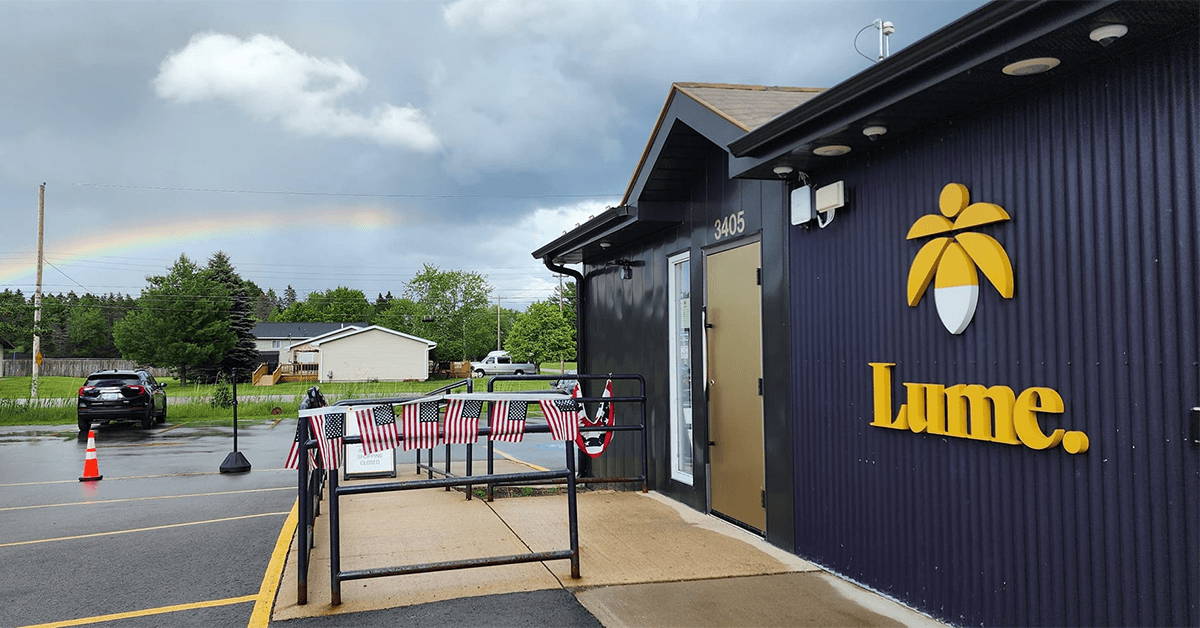Wayne State University Cultivates Future Cannabis Chemists

This fall, Wayne State University (WSU) in Michigan warmly welcomed students to its new undergraduate certificate program, spotlighting the fast-growing field of cannabis science. The program, which has seen a staggering increase from five to 100 majors since its introduction, is intended to lay a solid foundation in analytical chemistry, separation science, and laboratory research, specifically tailored for the cannabis testing industry.
Andrea Matti, an assistant professor of chemistry at WSU, expressed astonishment at the surge in interest. "The enthusiasm we've seen is just incredible. When I heard we had 100 majors, from just five, my reaction was, 'What? That's a 20-fold increase!' But it makes sense – we introduced cannabis," she shared.
The burgeoning program aims not only to equip students with the skills necessary for cannabis testing and regulation – covering both cannabidiol (CBD) and tetrahydrocannabinol (THC) – but also to pave the way for careers in a field that is experiencing both local and national growth. With the cannabis industry swiftly expanding, students immersed in its science can unearth new methodologies, establish new standards, and make noteworthy contributions.
Matti emphasized the significance of providing opportunities for students who harbor a genuine interest in laboratory work and testing, even if they do not aspire to enter the healthcare sector. "Many of our majors are pre-med, pre-pharm, or pre-PA. However, I also wanted to provide a pathway for students who are passionate about learning regarding these instruments and desire a career in lab and testing environments," she elaborated.
To be eligible for the cannabis chemistry certificate, students must have completed a minimum of 60 credits and maintain a GPA of 2.5 or above. Notably, the program also welcomes students who have previously secured a bachelor's degree from any institution.
In a related vein, the University of Michigan-Flint recently embraced the expanding interest in cannabis through its academic offerings. The university unveiled a new course this fall titled "The History and Culture of Cannabis," marking its inaugural step into the academic study of marijuana. This course endeavors to provide students with an exhaustive overview of the historical, present-day, and future contexts of cannabis, spanning its cultural, economic, and sociopolitical influences.
Both Wayne State University and the University of Michigan-Flint are contributing to a growing trend in the U.S., where academic institutions are increasingly incorporating cannabis-focused courses to meet the rising demand for informed research and knowledge in the field.
Share this article:
Spotted a typo, grammatical error, or a factual inaccuracy? Let us know - we're committed to correcting errors swiftly and accurately!








 Helpful Links
Helpful Links